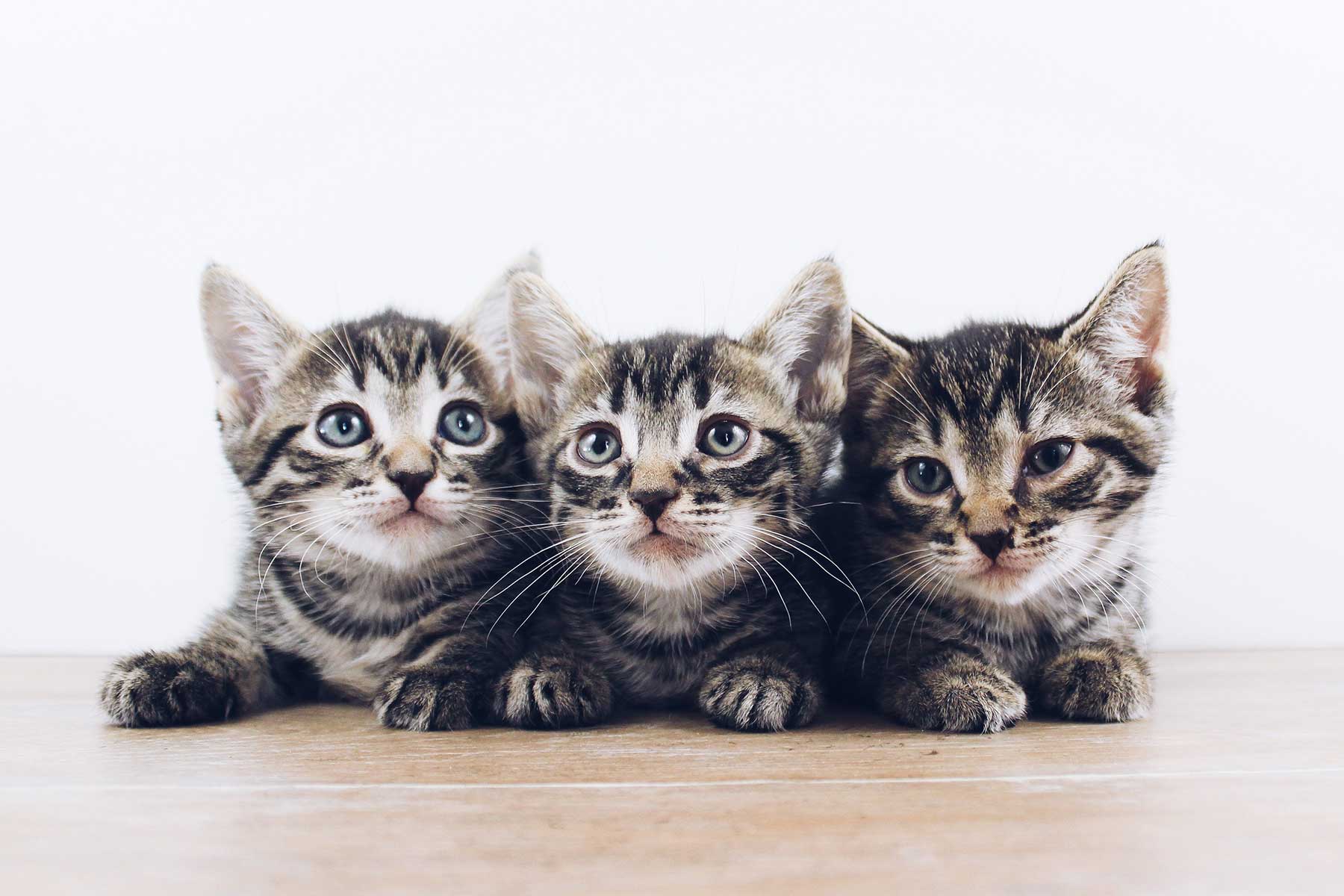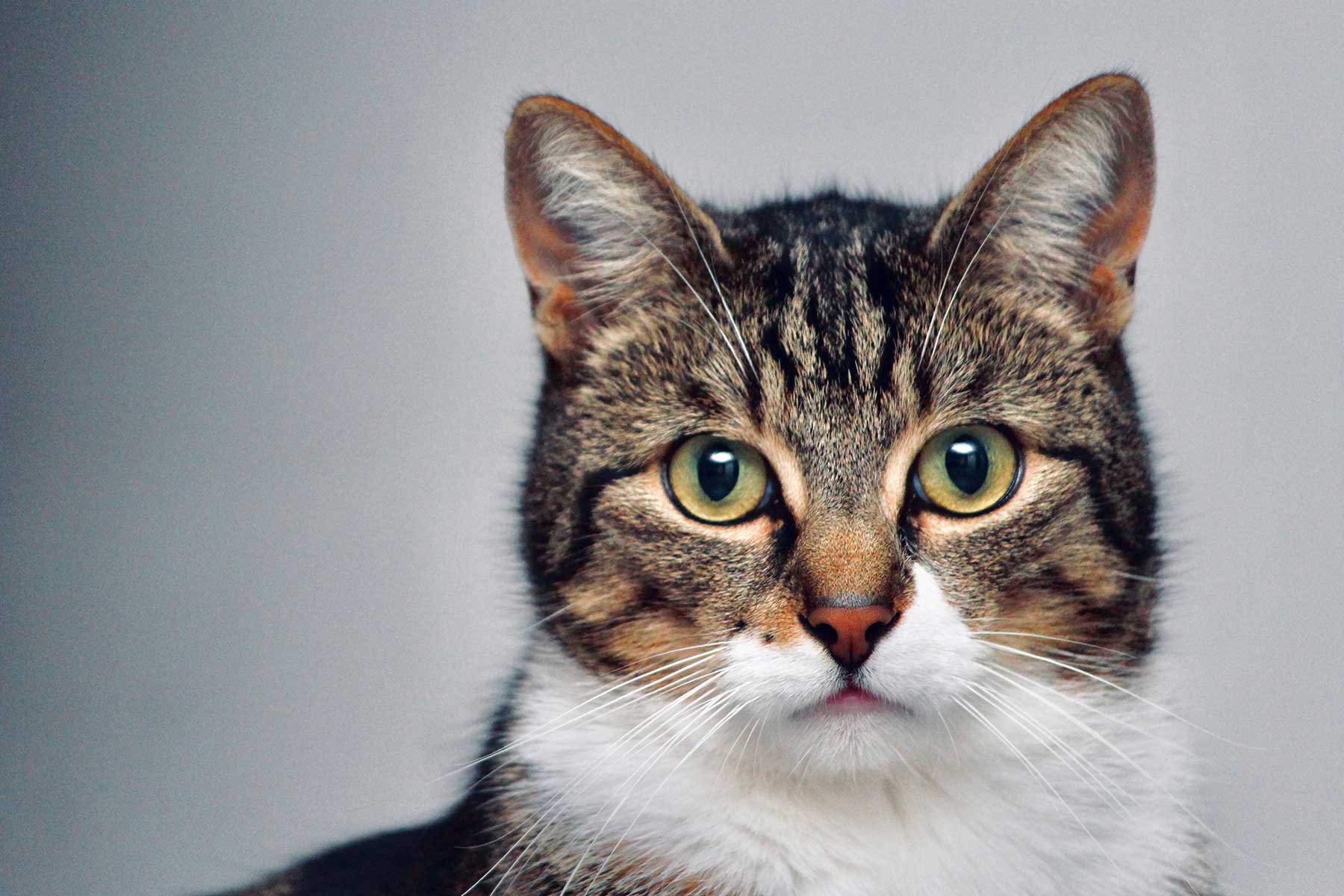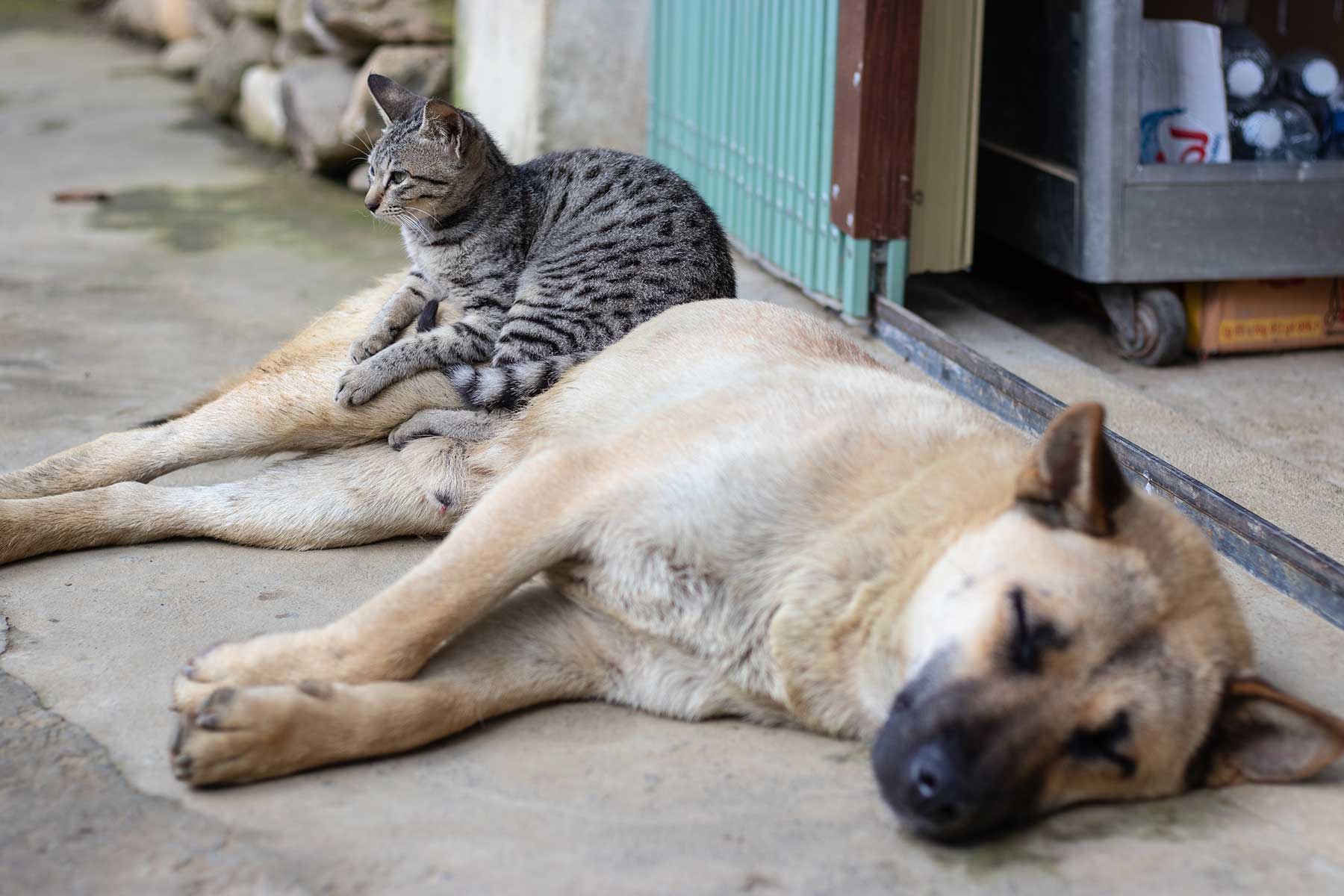Why is my cat persistently crying?
Most complaints about feline vocalisation are either to do with the intensity and persistence of the vocalisation, or the fact that it occurs at night when family members or neighbours are trying to sleep.
Some of the most common causes include:
- sexual (oestrus or male) behaviours
- play behaviour
- medical problems causing discomfort or pain.
- aggressive displays
- cats being active at night
- breed disposition e.g. Siamese cats can be more vocal than other cats
What can be done to prevent it?
- Provide food, play, affection and exercise to keep your cat awake during the daytime and evening, and to help your cat settle at night. Offer activities such as cat scratchers, activity centres or even another pet.
- Do not respond with rewards i.e. food, attention or play. It is better to ignore the behaviour or interrupt it with a loud verbal “NO”. NEVER use physical punishment.
- Veterinary examination is recommended to rule out potential medical causes, especially in older cats. Geriatric cats may begin to vocalise as their senses or cognitive function begins to decline (senility). These cases will need to be dealt with individually depending on the cat’s physical health.
- Change the environment. e.g. keep your cat out of the bedroom at night by shutting the door, or confining the cat to another room or crate with bedding and a litter box.
- Separate your cat from other cats. If there are other cats in the neighbourhood that frequent the home territory, this may encourage your cat to vocalise. Blocking visual access and providing “white noise” may help if you are unable to get the outdoor cats to leave your property.
Will sterilisation help?
If your cat is an adult male or female and not yet sterilised, then some forms of vocalisation are associated with communication, especially with regard to oestrus cycles and mating. Sterilisation should help to reduce vocalisation in these cats.











